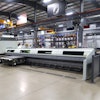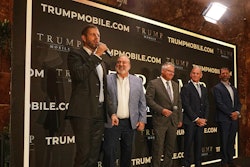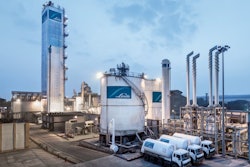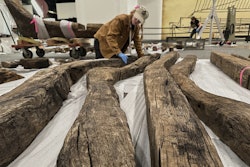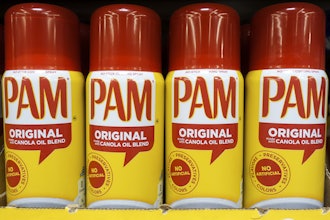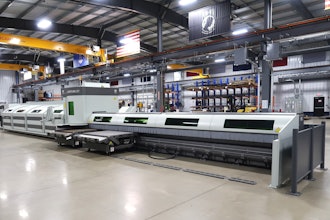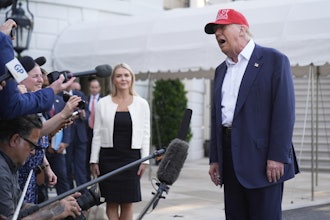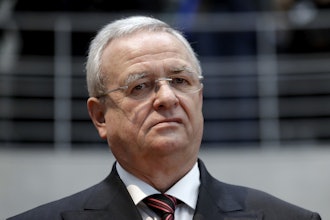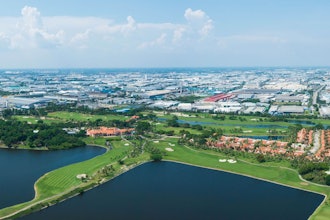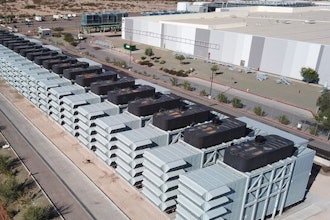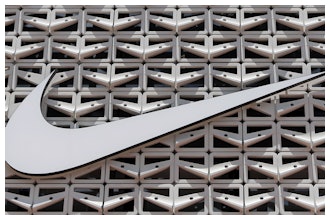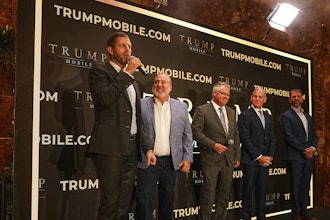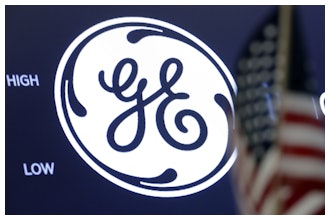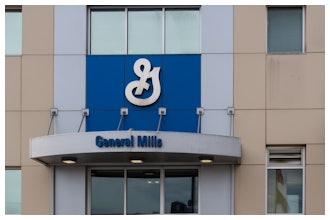LOS ANGELES (AP) -- The U.S. Department of Transportation has suspended its review of a $5.5 billion loan request that is critical for building a private bullet train between a Southern California desert community and the Las Vegas Strip, leaving the future of the project in jeopardy.
The Obama administration has been eager to develop new high-speed rail corridors across the U.S., and former Transportation Secretary Ray LaHood had publicly blessed the proposed train, known as XpressWest. But the project stalled in part because of a snag over federal rules that call for the line to be constructed and run with American-made materials.
The government expects loan recipients "to purchase steel, iron and other manufactured goods produced in the United States for their projects," LaHood wrote in the two-page letter to the company, which was released by the agency Tuesday.
After long-running negotiations, he said the company's plan "does not meet our expectations" and did not justify departing from domestic-manufacturing rules.
"After several years of engagement with no resolution ... and the significant uncertainties still surrounding the project, we have decided to suspend further consideration of XpressWest's loan request," LaHood wrote in the June 28 letter, parts of which were redacted.
The decision to suspend the review represents a major setback for a project that has been alternately described as glimpse of America's transportation future or a waste of taxpayer dollars.
XpressWest said in a statement that the project remains under federal review and it is awaiting more information from the government. Federal Railroad Administration spokesman Kevin Thompson said the application is no longer under review, although XpressWest could revive it by making significant revisions.
The vast park-and-ride project hinges on the untested idea that Southern Californians will drive to the high desert community of Victorville, about 100 miles east of Los Angeles, pull off Interstate 15 and board a train for the final 180 miles to the famous Strip. The 150 mph train's projected price tag has soared toward $7 billion, and XpressWest wants a $5.5 billion government loan to cover the bulk of the cost, with the remainder covered by private financing.
Andy Kunz, president of the US High Speed Rail Association, said the trade group supports rules promoting investment in U.S. equipment and materials but believes they should be relaxed for the industry until it gains a firmer foothold in the U.S.
"As a nation we are sort of in a chicken and egg situation, since there is no high-speed rail industry yet, you can't buy the trains in America," Kunz said. "There is nobody making them (in the U.S.) because there hasn't been a market."
The project also faces competition from a high-speed rail line championed by Gov. Jerry Brown that would link Northern and Southern California and run through the Central Valley.
Word of LaHood's decision surfaced last week, but the letter provided insight into the government's concerns with what would be, by far, the largest loan ever issued by the Federal Railroad Administration's Railroad Rehabilitation & Improvement Financing program.
Top congressional Republicans have asked the administration to scuttle the loan, saying it would be a risky bet with scarce taxpayer dollars. Earlier, the project had moved steadily through a series of regulatory hurdles, and company officials had expected a decision on the loan sometime in 2012.
The AP reported last year that the company's own research warned that it's difficult to predict how many people will ride the train, a critical measure of financial survival. Senate Majority Leader Harry Reid and other supporters point to research that shows 80,000 new jobs, but government documents show virtually all those would be temporary. No more than 722 would be permanent, the AP found.
Nevada-based XpressWest is headed by CEO Anthony Marnell II, a casino developer and contractor whose credits include building the Bellagio and Wynn Las Vegas.
According to the Department of Transportation, the Buy-America rules ensure that projects are built with American-made products. Last year, company officials said Canadian transportation giant Bombardier was serving as a strategic adviser to XpressWest and wanted to supply its rail cars, but it wasn't clear from the letter if that relationship was at issue.
Bombardier spokeswoman Maryanne Roberts directed questions about the project to XpressWest. Bombardier has been building rail cars for the U.S. market since 1976.
"We have a long and successful record of meeting Buy-America requirements," Roberts said.
Reid, the project's most prominent supporter, said in a statement he would continue to work "to secure this vital investment for Nevada." He told reporters in Washington on Wednesday the White House is concerned that Marnell hasn't fully met financial requirements.
"Marnell had trouble raising private capital," Reid said, according to the Las Vegas Sun.
He also promised to press the White House to get the project moving. "It's not over yet," he said.



